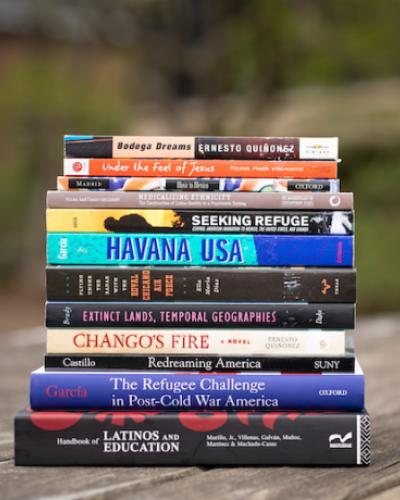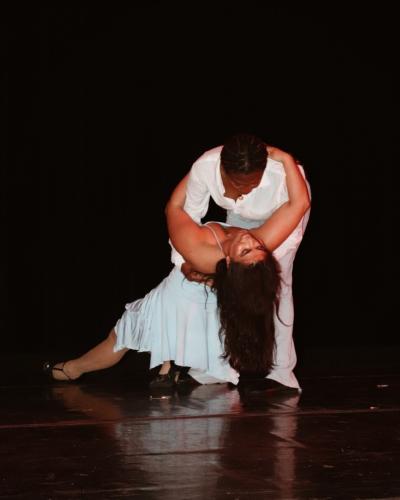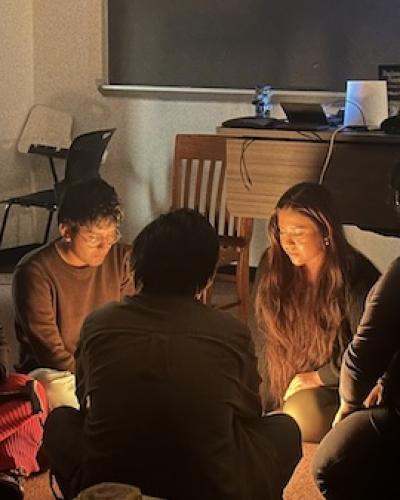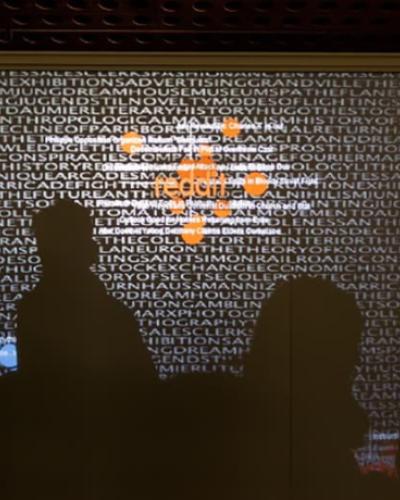The Central New York Humanities Corridor has entered its endowment phase, which will streamline the funding process for faculty working groups whose successful proposals for activities are slated to begin in spring 2019.
Founded in 2006 with Mellon funds, the CNY Humanities Corridor has been a pioneering regional collaboration between the Syracuse University Humanities Center, the University of Rochester Humanities Center, and Cornell University’s Society for the Humanities, as well as the schools of the New York Six Liberal Arts Consortium. The Corridor supports and enhances the humanities in Central New York through inter-institutional scholarly collaboration and resource-sharing. The Andrew W. Mellon Foundation has cited the Corridor as a model for other regional consortiums, referring to humanities centers as “nimble collaborators” (Report of the Andrew W. Mellon Foundation 2014).
With the endowed phase, the Corridor will support regional interdisciplinary humanities projects in perpetuity, thanks to a $3.55 million matching grant from the Mellon Foundation that has been used to create three endowments. Cornell houses a $1.5 million endowment, joined by a $4 million endowment at Syracuse, and a $1 million endowment at Rochester. With the Society for the Humanities acting as the steward of Corridor funding for Cornell, Cornell faculty will have faster access to funding with less paperwork involved. Paul Fleming, Taylor Family Director of the Society for the Humanities at Cornell, emphasizes, “Now that we are permanently endowed, we have the stability and the room for many other exciting initiatives in the coming years.”
Also new in 2018, the Corridor’s administrative structure has expanded to include an advisory board. Cornell Faculty members Esra Ackan (Architecture, Institute for European Studies) and Debra Castillo (Comparative Literature and Latina/o Studies), and board members from other member institutions, join project directors and principal investigators Paul Fleming (Cornell), Gregg Lambert (Syracuse), Vivian May (Syracuse), and Joan Shelley Rubin (Rochester), to drive the Corridor’s continued connectivity and innovative collaboration.

Humanities Corridor Advisory Board
The Corridor funds inter-institutional working groups in eight broad thematic “clusters,” identified as areas of shared scholarly strength: Philosophy/Critical Theory; Linguistics; Visual Arts and Cultures; Musicology/Performance Studies; Digital Humanities; Literature, Language, and Culture; Archives and Media; and – new this year – Historical Studies. Any Cornell faculty working in the humanities can apply for funding to form a working group. Working groups must consist of members from at least two of the Corridor’s member institutions. Activities can range from writing retreats and brainstorming meetings to lectures, poetry readings, class visits, and teaching exchanges. For details, see the call for proposals for activities in spring 2019 and the 2019-20 academic year (deadline October 15, 2018).
One upcoming example of an exciting Corridor-funded event is a public conversation with Argentine/Mexican documentary filmmaker Carlos Rossini. Organized by the Global Literature and Cultures working group (Literature Language, and Culture cluster), his visit will enhance the Cine con Cultura Film Festival at Cornell. On October 11 at 4:30 p.m., Rossini will discuss his filmmaking work on immigration, the environment, and political corruption in Latin America.
Cornell and Syracuse will soon welcome the Corridor’s Distinguished Visiting Collaborator Dimitris Vardoulakis (Philosophy, Western Sydney University) in conjunction with the “Society for the Study of Bio-Political Futures” working group (Philosophy/Critical Theory cluster). For those in Ithaca, Professor Vardoulakis will deliver a public lecture, “Authority and Utility in Spinoza: From Epicureanism to Neoliberalism?," on Monday, October 22, at 4:30 p.m. in the A.D. White House.
Stay apprised of Corridor news and events by visiting the Humanities Corridor website. Up-to-date calls for proposals can also be found on the Society for the Humanities website.




